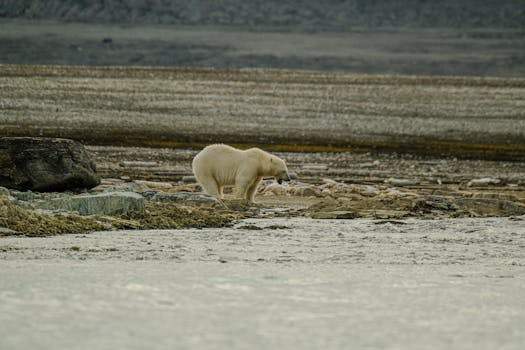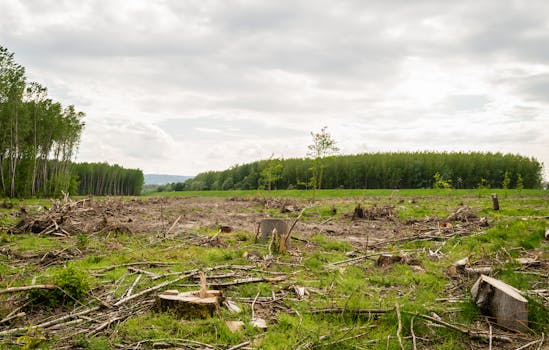
Climate change is one of the most pressing challenges facing our planet today. The impact of climate change on global ecosystems is profound and multifaceted. It affects biodiversity, alters habitats, and threatens species survival across the globe.
Biodiversity Loss

The first and perhaps most alarming consequence of climate change is the loss of biodiversity. As temperatures rise and weather patterns become more extreme, many species find it increasingly difficult to survive. Coral reefs, often referred to as the “rainforests of the sea,” are particularly vulnerable. Coral bleaching events, caused by elevated sea temperatures, lead to massive die-offs of coral and the myriad species that depend on them for habitat.
Alteration of Habitats

Climate change also results in the alteration of habitats. Forests, wetlands, and grasslands are undergoing significant changes, which affect not only the flora and fauna that inhabit these ecosystems but also the services they provide to humanity. For instance, rising temperatures and changing precipitation patterns can lead to droughts, altering water availability and impacting agricultural productivity.
Species Extinction

As habitats change and biodiversity diminishes, the risk of species extinction increases. Many species may be unable to adapt quickly enough to the rapid changes imposed by climate change. This is particularly true for specialized species that rely on specific environmental conditions. The extinction of a single species can have a cascading effect on the entire ecosystem, leading to further loss of biodiversity and ecosystem services.
Mitigation and Adaptation Strategies

To combat the impacts of climate change on ecosystems, a combination of mitigation and adaptation strategies is necessary. Mitigation involves reducing greenhouse gas emissions, while adaptation strategies focus on helping ecosystems and communities adjust to changing conditions. Conservation efforts, reforestation, and sustainable land management practices can enhance the resilience of ecosystems to climate change.
Conclusion

In conclusion, the impact of climate change on global ecosystems is severe and requires immediate action. Protecting biodiversity, altering the course of habitat destruction, and preventing species extinction are crucial for maintaining the health of our planet. By implementing effective mitigation and adaptation strategies, we can work towards a sustainable future where ecosystems thrive despite the challenges posed by climate change.


